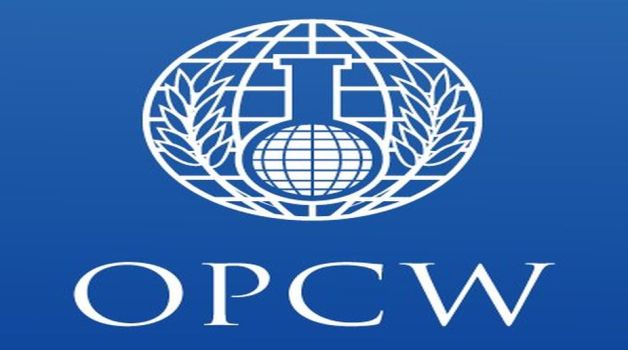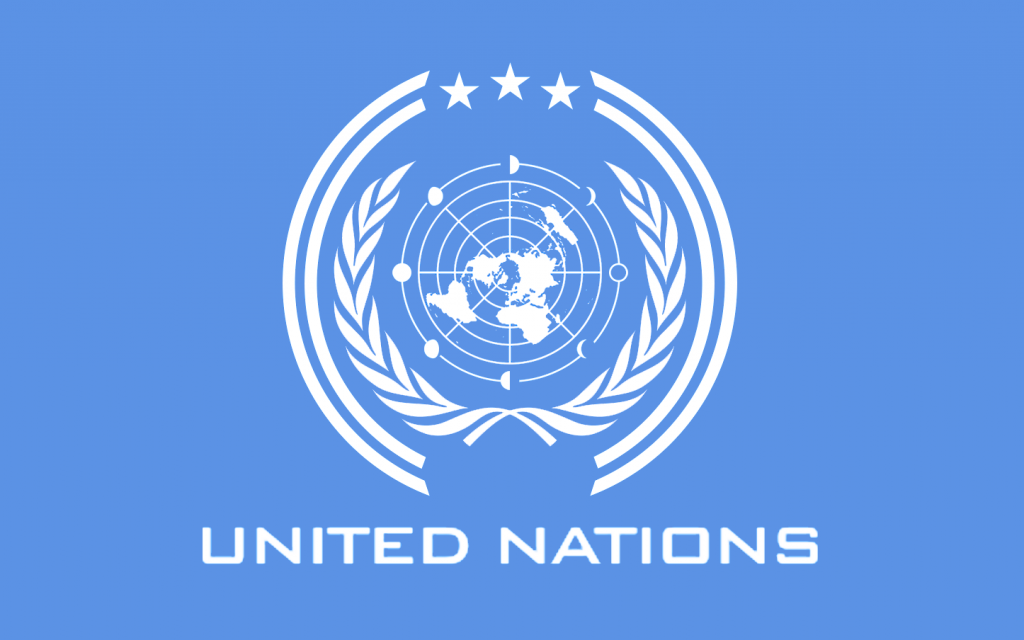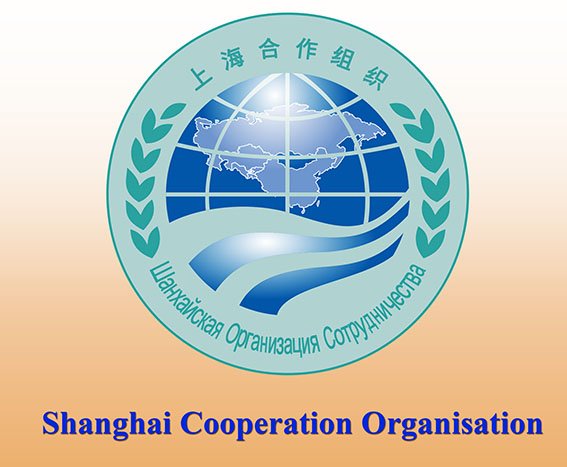OPCW UPSC | Organisation for the Prohibition of Chemical Weapons – The Organisation for the Prohibition of Chemical Weapons (OPCW) is an intergovernmental organisation and the implementing body for the Chemical Weapons Convention, which entered into force on 29 April 1997. The OPCW, with its 193 member states, has its seat in The Hague, Netherlands, and oversees the global endeavour for the permanent and verifiable elimination of chemical weapons.
The organisation promotes and verifies the adherence to the Chemical Weapons Convention, which prohibits the use of chemical weapons and requires their destruction. Verification consists both of evaluation of declarations by member states and onsite inspections. The organisation was awarded the 2013 Nobel Peace Prize “for its extensive efforts to eliminate chemical weapons”
Whay In News ?
- India’s Comptroller and Auditor General(CAG) GC Murmu selected as an external auditor to Organization for the Prohibition of Chemical Weapons(OPCW). His term will be for 3 years, starting in 2021.
- India was also selected as a member of the Executive Council of the OPCW. It is representing Asia Group for another two-year term during the OPCW Conference of State Parties.

About Organisation for the Prohibition of Chemical Weapons(OPCW):
- OPCW is an intergovernmental organisation and the implementing body for the Chemical Weapons Convention. This convention is in force since 1997 and 193 members.
- Aim: To achieve the vision of a world free of chemical weapons by implementing the provisions of the Chemical Weapons Convention.
Objectives:
-
- Destroying all existing chemical weapons under international verification.
- Monitoring chemical industry to prevent chemical weapons from re-emerging.
- Providing assistance and protection to States Parties against chemical threats.
- Fostering international cooperation to strengthen implementation of the Convention and promote the peaceful use of chemistry.
Powers:
-
- The OPCW is authorized to perform inspections to verify that signatory states are complying with the convention.
- It can also perform testing of sites and victims of suspected chemical weapons attacks.
See Also – World Press Freedom Index UPSC 2021 | India Ranking |
Members:
- It has 193 members including India.
Headquarters:
- The Hague, Netherlands.
Significance:
- The OPCW was awarded the Nobel Peace Prize in 2013.
Relations with UN:
- OPCW is not a United Nations(UN) organization. However, by the 2001 Relationship Agreement between the OPCW and the UN, the OPCW reports on its inspections and other activities to the UN through the office of the Secretary-General.
Source: AIR
OPCW UPSC Questions Based On This Topic
Q1- Consider the following statements about Organisation for the Prohibition of Chemical Weapons (OPCW)
Choose the correct answer from the following code:
|
Q2-With reference to ‘Organization for the Prohibition of Chemical Weapons (OPCW)’, consider the following statements:
Which of the statements given above is/are correct?
|




